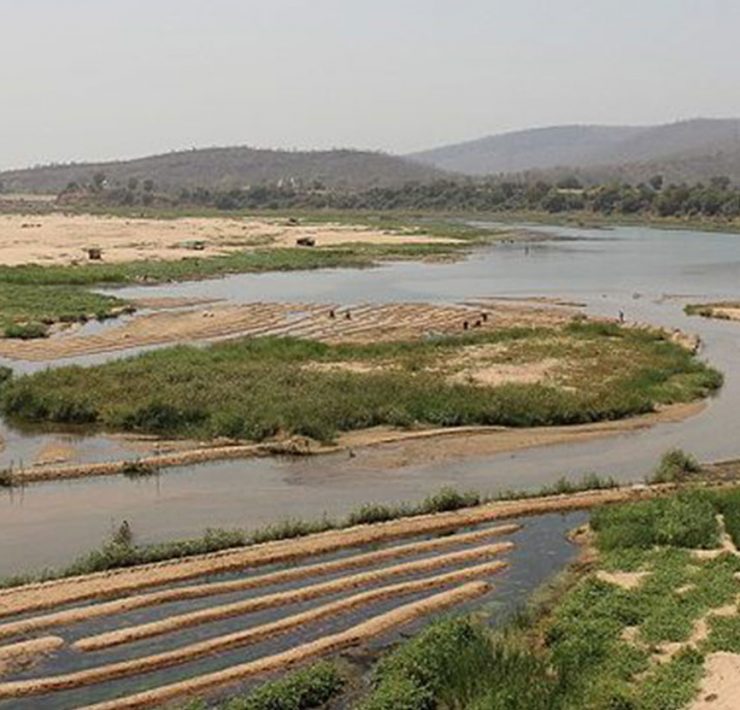We must make peace with nature to protect earth
- The United Nations has warned that immediate action is needed to face the triple environmental emergency of climate change, biodiversity loss and pollution.

Human society needs to make radical changes in the way it functions if we are to combat climate change, prevent rapid loss of biodiversity and tackle widespread pollution, the United Nations has warned in a strongly worded report released ahead of its biannual environment assembly that ended on Tuesday.
Human well-being and prosperity can be vastly improved by prioritising nature-based solutions, UN secretary-general Antonio Guterres told the assembly on Monday.
“We must put the health of the planet at the centre of all our plans and policies,” Guterres said. “Governments and people need to understand in their very DNA that all environmental, social and economic challenges are interlinked. And they must be tackled together.”
In a marked departure from its usual diplomatic stance, the UN said in the report, entitled Making Peace with Nature, that the “triple environmental emergency” of climate disruption, biodiversity decline and a pollution epidemic is cutting short as many as nine million lives a year besides making earth an increasingly unliveable planet.
“Our children and their children will inherit a world of extreme weather events, sea level rise, a drastic loss of plants and animals, food and water insecurity and increasing likelihood of future pandemics,” said Robert Watson, lead author of the report who has in the past chaired various UN science reports. “The emergency is in fact more profound than we thought only a few years ago.”
Must and should
The report eschewed the usual tact employed by the UN and in a break with tradition recommended specific actions to halt and reverse planetary degradation. It used the word “must” 56 times and “should” 37 times, the Associated Press reported.
“Time has totally ran out. That’s why the word ‘must’ is in there,” former UN climate chief Christiana Figueres told the US news agency.
The two-day online assembly made an urgent call for action to solve planetary emergencies, warning that the world risks new pandemics if we do not change how we safeguard nature. The assembly, held once in two years, was attended by more than 1,500 delegates from 153 UN member states and over 60 environment ministers.
Painting a picture of the turmoil wreaked by the Covid-19 pandemic, whereby millions have been pushed into poverty, inequalities have grown and among people and countries, Guterres said that 2021 is “a critical year to reset our relationship with nature.”
Against the backdrop of oceans filling with plastic and turning more acidic, the catastrophic threat of temperatures rising more than 3 degrees Celsius above the pre-industrial level by the end of this century and biodiversity declining “at a perilous rate,” Guterres said, “There is no choice but to transform how economies and societies value nature.”
There are global expectations that more climate action will be taken this year after the United States under president Joe Biden returned to the 2015 Paris climate pact, bringing the world’s second-largest emitter of greenhouse gases back to global efforts to restrain climate change.
The US action is expected to breathe new life into international climate negotiations at the UN climate summit scheduled to be held in Glasgow, UK, in November this year.
The summit, postponed to 2021 due to the Covid-19 pandemic, comes six years after the Paris Agreement that set a target of keeping global warming “well within” 2 degrees Celsius from pre-industrial days. Signatories to the agreement are expected to announce more ambitious plans to achieve the target before the Glasgow summit.
This article first appeared on India Climate Dialogue.







